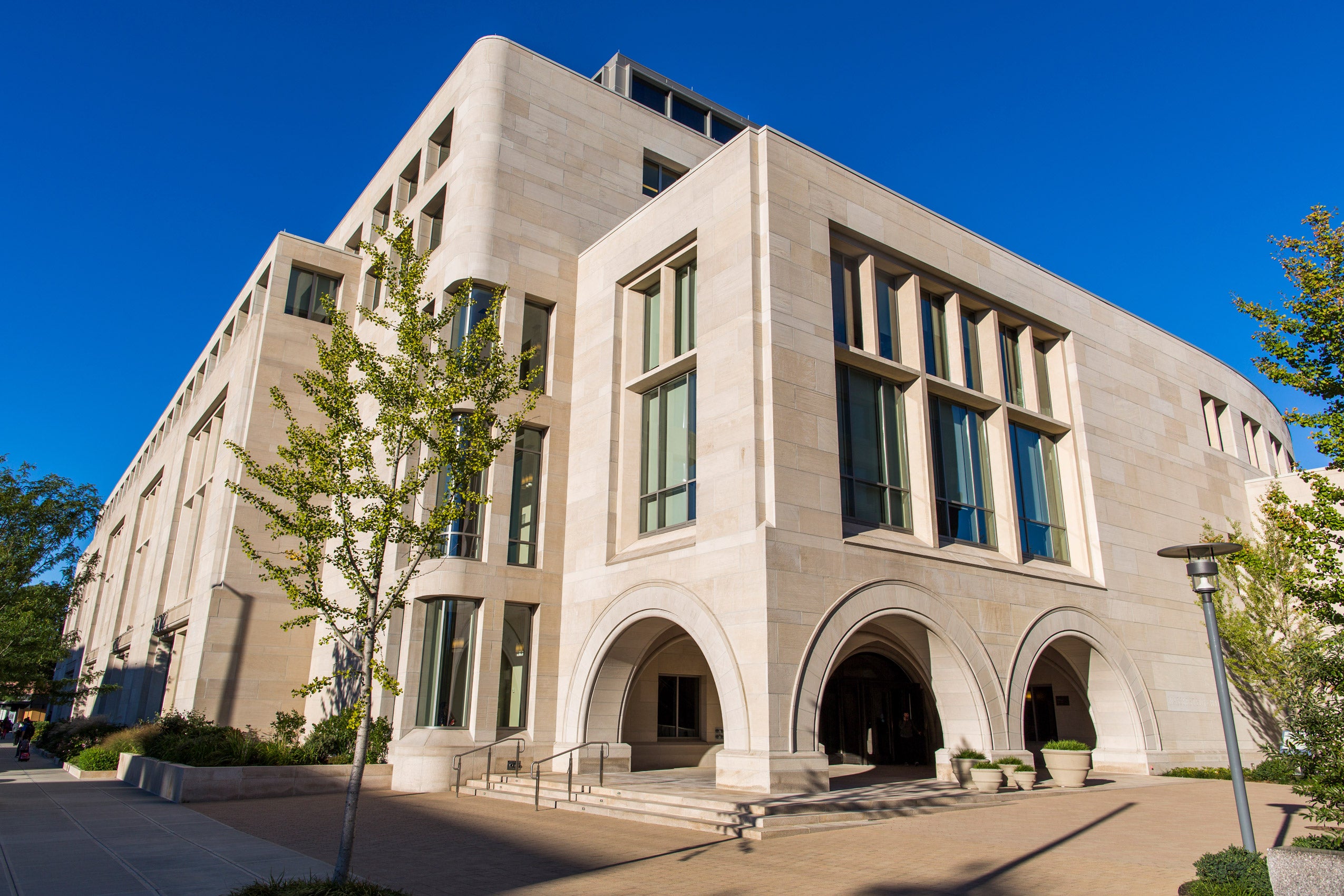Harvard Law School today announced plans to create a new legal clinic focused on cases involving the rights of individuals to practice their religion.
Clinical instruction plays an important role in legal education at Harvard Law School. Through the collective efforts of HLS’s 46 legal clinics and student practice organizations, the school deepens students’ practical experience by enabling them to learn the skills lawyers engage in.
The new Religious Freedom Clinic will be an important addition to HLS’ clinical program and will give students valuable preparation representing clients from a diverse array of religious traditions. It will join other new clinics established over the past year, including those focused on animal law and policy, LGBTQ+ advocacy, and voting rights.
Under the supervision of clinical professors, students practice law on behalf of clients, while helping improve the lives of those in need through pro bono legal services. More than 80 percent of J.D. students take at least one clinic, and more than 40 percent take two or more. Existing HLS legal clinics focus on a wide range of legal areas, from cyber, tax and veterans’ law to human rights, immigration, health and housing law.
“Providing students with practical lawyering experience and skills is one of the most important aspects of a Harvard Law School education,” said John F. Manning ’85, the Morgan and Helen Chu Dean of Harvard Law School. “By enabling students to learn how to be lawyers by representing vulnerable clients who face impediments to practicing their religions, our new Religious Freedom Clinic will build on our long history of clinical education.”
The new HLS clinic will be modeled on Stanford Law School’s Religious Liberty Clinic, which has represented a wide range of people restricted in the exercise of their religious freedom. Recent examples include Sikh employees of a large trucking company who were not permitted to maintain unshorn hair in accordance with their deeply held religious beliefs; a Seventh-day Adventist employee who couldn’t work on Saturday in order to observe the Sabbath; and a Muslim individual facing capital punishment and seeking equal access to pastoral services in the execution chamber.
“The new Religious Liberty Clinic will be a fantastic addition to our strong clinical program” said HLS Professor Kristen Stilt, faculty director of the Animal Law & Policy Program (which now includes the Animal Law & Policy Clinic) and director of the Program on Law and Society in the Muslim World.
“Students will have the opportunity to directly serve individuals from a wide range of faiths who would not otherwise have an advocate,” said Stilt, who teaches a course on Islamic Law and Human Rights. “Students will learn the skills needed to engage with clients from diverse backgrounds, understand their faith commitments and the obstacles they are facing, and make legal arguments to achieve their clients’ goals. Developing the tools to work with the clinic’s clients will make our students better lawyers and better citizens of the world.”
In keeping with the tradition of clinical education at HLS and elsewhere, the new Religious Freedom Clinic at HLS will represent underserved individuals. It will be designed to bring together students from diverse political, ideological, and philosophical perspectives and structured to reflect this commitment.
